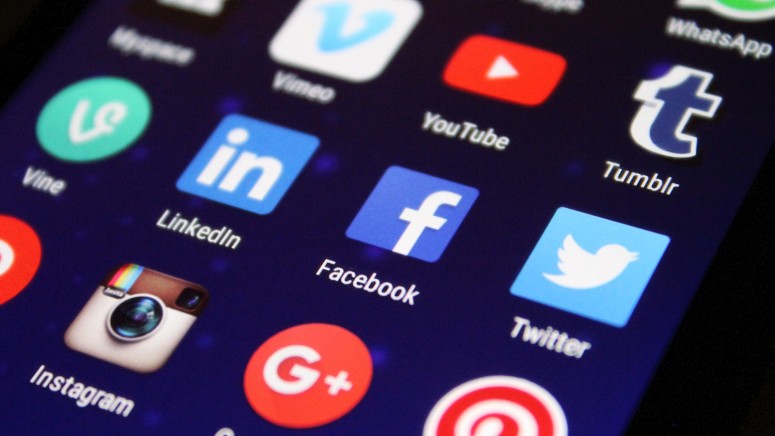
Report Claims that 53% of Social Media Account Logins Are Fraudulent
- A new fraud-recording report shows that the situation on social media has gotten entirely out of hand.
- 53% of all logins attempted are fraudulent, while 25% of new accounts created on social media are fake.
- Most of the hard work is done by automated bots, but human fraudsters are also active.
A recent report released by Arkose Labs, the fraud and abuse detection expert, claims that more than 53% of logins on social media sites right now are fraudulent. Moreover, 25% of all new account applications across the social media ecosystem are also fraudulent. The firm has analyzed over 1.2 billion online transactions across various types of services that are somehow connected to social media account activity and figured that the situation has already gotten completely out of hand. By 2021, the company estimates that this type of fraudulent activity will cost the global economy the astronomic amount of $6 trillion in damages.
In Kevin Gosschalk’s, CEO of Arkose Labs words: “We are in an era where online identity, intent, business, metrics, and content can all be faked. This can have serious security and financial repercussions for any business with an online presence, especially as they try to balance risk management with the delivery of exceptional customer experience. Meanwhile, the risk landscape is quickly becoming increasingly complex because fraudsters have easy access to sophisticated tools and resources. This means that they can tweak their attack patterns as long as they remain profitable.”
The period of analysis spans between April and June 2019, and the researchers managed to record some very interesting trends. For example, 75% of the fraudster attacks conducted on social media platforms are carried out by automated bots, with account takeover attempts being more dominant than new account registration efforts. Another trend that was recorded concerns a spike in the fraudulent activity during business hours, tax season, and other high-traffic periods. This is attributed to the human-driven activity which is more targeted and sophisticated. Another notable trend that underpins human-induced fraud is the targeting of technology companies, which are four times more likely to have their door knocked by a crook. The reasons for this include the accessing of services and the testing of stolen credentials.
Social media attack rates are alarmingly high right now, and unfortunately, the predictions only set it to go higher in the following years. This means that social media users should be cautious with whom they trust on social media platforms, as fraudsters are impersonating travel agencies, financial institutes, and even cewebrities. Recently, we saw how fake Bitcoin giveaways pretended to derive from Tesla and Elon Musk himself, stealing cryptocurrency from unsuspecting victims who falsely trusted social media platforms and whatever identity authentication and protection layers they have in place.
Have something to say on the above? Feel free to share your thoughts with us in the comments section down below, or join the discussion on our social media channels, on Facebook and Twitter.






